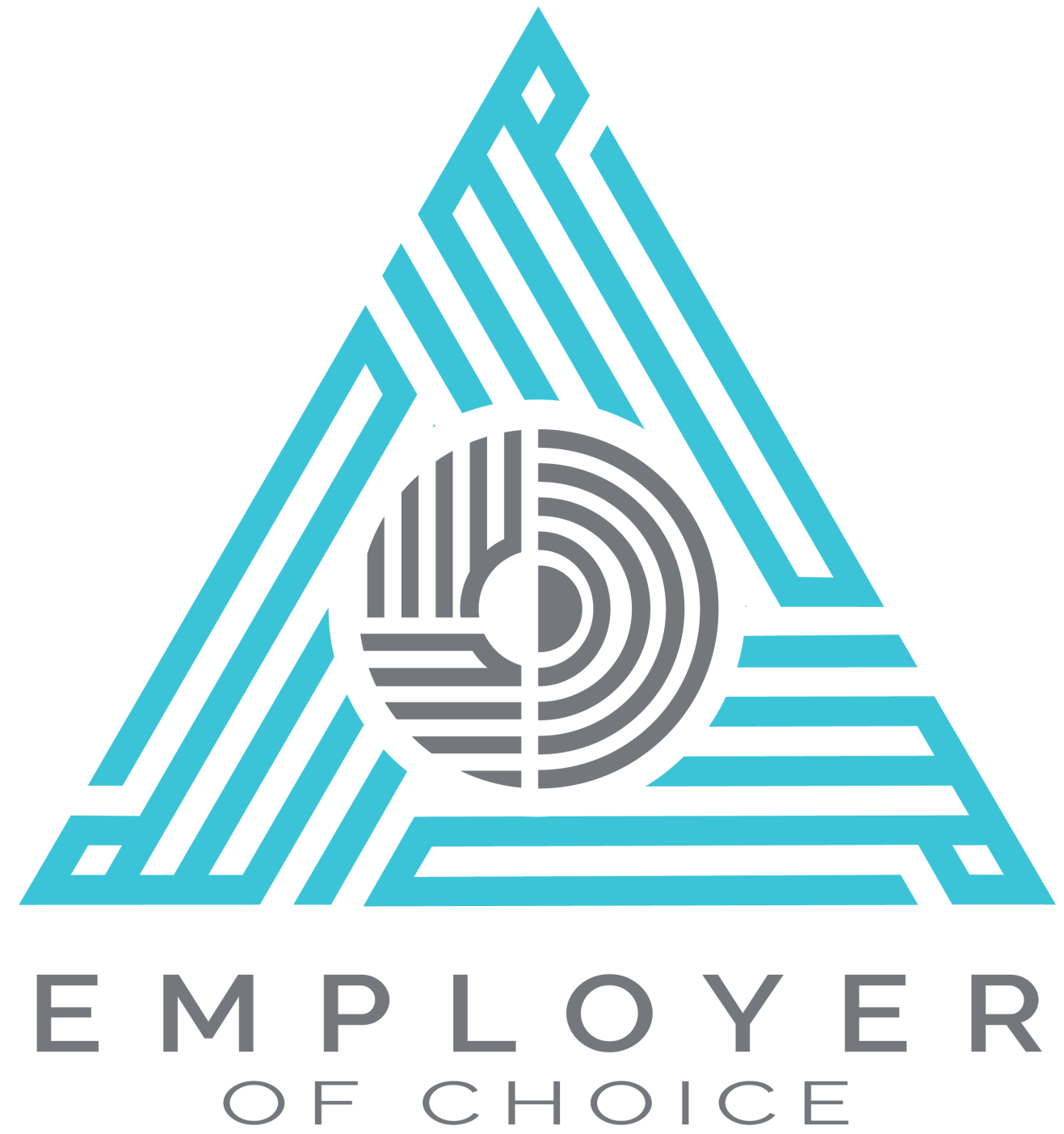Blog Layout
Workforce Trends and 2030 Vision: Planning for Future Success!
Tammie Beck • Apr 05, 2022
In August 2021 more than four million workers quit their jobs7. Since that time, the Great Resignation has been on the minds of many organizations. Although it is impossible to predict all the factors that contribute to a phenomenon like the Great Resignation, there are valuable lessons that we can learn.
Workforce 2030 models estimate that by the year 2030 the United States will see an estimated increase of 11.9 million
new jobs and only 8.9 million
new entrants to the workforce.6
The Great Resignation is not anticipated to end soon; in fact, estimates show that 36% of Millennials and 53% of Generation Z will leave their current employer within two years4. Organizations that fail to strategically plan for the continuing evolution of the workforce will likely suffer. Organizations will increase their chances for success if they educate themselves and prepare for the implications that the changing workforce will have on their organization.
Developing a workforce vision that accounts for the impacts of the below trends will help organizations succeed.

Decline in Population Growth Rate 6
The anticipated population growth rate is declining. The population on Earth is expected to stabilize and stop growing in the year 21008. The impact of this population decline points to a long-term strain on our workforce.
Decline in Labor Force Participation Rate
6
There will continue to be fewer people that make up our workforce. This is due, in part to our aging population. By 2030 all Baby Boomers will be at least 65 years old, resulting in an increase of at least 300 million more people over the age of 65. As this aging population leaves the workforce it will cause a decline in the number of available workers. This also correlates to an estimated 50-85 million more healthcare positions needed to care for our aging population.5
Shifting/Realignment of Workers Within Occupational Groups
We will continue to see rise and falls in multiple industries due to many factors. Research shows that 40-50% of the jobs that exist today did not exist 4 years ago, and in the next 4 years those remaining jobs will likely change as well.2
In order to meet future staffing needs, organizations need to be flexible and open to employees with a variety of skillsets and experiences. More than ever, we will see employees venturing into new industries. Organizations that embrace this realignment will benefit from their ability to expand recruitment efforts into different industries.
Technology/Automation Focus
A continued focus on technology and automation will impact the workforce and the skills that are needed. Self-service options will continue to grow and expand, impacting many industries. Development and deployment of technology related jobs is estimated to create 20-50 million more jobs globally, and automation efforts could also cause a displacement of 400-800 million jobs5.
Purpose Driven - Growth Oriented Workforce
Our current workforce is made up of five generations. Each generation has unique perspectives on their relationship with authority and work styes. For example, finding purpose is a key trait of Generation Z1. Organizations must ensure they connect the mission of the organization to the daily tasks of employees. Our evolving Workforce will expect to serve a higher purpose and to find meaning in their work. They will be motivated by opportunities to grow and expand their skills quickly. When this need is not met, they will leave. Organizations that can instill a growth culture now will develop motivated, inspired, committed employees for the future.
Emotional Intelligence Skills
The world will continue to change at a rapid pace – organizations that can’t keep up will suffer. It will be more important than ever for leaders and employees to have solid emotional intelligence skills. Teams will need to collaborate and adapt quickly, make informed and timely decisions, embrace flexibility, solve problems, communicate well, embrace innovation and flexibility, and manage their stress and wellbeing. Organizations that invest in building these skills will create a thriving foundation that attracts top talent.

Our workforce is continuing to evolve and change.
By 2030 it will be a new generation of workers with their own perspectives and values. Organizations that are willing to learn, adapt, and plan can take actions now to build a solid foundation for their future.
Center Point Solutions is thrilled to partner with organizations to help identify gaps and develop strategic solutions that can help organizations prepare their workforce for the future.
Reach Out
today to learn more about our Employer of Choice Strategic Planning Training and Workshops.
Sources:
3. Workforce 2020: Richard W. Judy and Carol D’Amico 1997

By Tammie Beck
•
02 Aug, 2022
Emotional Intelligence (EI) can be defined as a set of emotional and social skills that influence the way we: Perceive and express ourselves. Develop and maintain social relationships. Cope with challenges. Use Emotional Information in an effective way. EI is a key indicator of human performance and development potential, which can be improved and developed with practice. The first step in developing an improvement plan is to accurately assess your current performance level. The EQ-i 2.0 is a scientifically validated and reliable assessment that has been used for decades to accurately measure an individual's emotional intelligence. The results of this assessment can be used to provide insight into current performance gaps and recommendations for performance improvement. The EQ-i 2.0 features one overarching EI score (total EI) broken down into five composite scores, which measure five distinct aspects of emotional and social functioning. These in turn, are broken down into a total of 15 subscales.

By Tammie Beck
•
03 Jun, 2022
It started out like any other day. I arrived early at the office hoping to get a jump start on my long to- do list. As with any normal day, you can never predict the unscheduled events that will pop up. Today I was notified that a long-term employee in the hospital had received a devastating terminable diagnosis. I set my to-do list aside and my focus turned toward assisting the family in their time of need. It turned out this employee, although in pain and feeling very sick, was worried about one thing: She was only weeks away from celebrating her 35th work anniversary and she was worried that she wouldn’t be out of the hospital in time to receive her 35-year anniversary pin. Knowing how important this was to her, the Leadership team immediately sprang into action, and we arranged to have her service award ceremony at the hospital as soon as possible. Later that day, with her family by her bedside, her leadership team was able to present her service award pin to her. Her pin was proudly attached to her hospital gown and her framed certificate was on the stand next to her bed. Although she was unable to speak, the smile on her face told us how much the moment meant to her. Sadly, she passed away three days later.

By Tammie Beck
•
18 May, 2022
Whenever you see a successful business, someone once made a courageous decision. - Peter Drucker Decision Making is an essential part of being an effective leader. We use decision making skills to achieve performance goals, manage and align workloads, build trust and rapport, communicate, reduce conflict, manage time, and engage employees. Our emotions can be a strong influence in our decision making-having strong Emotional Intelligence skills drives our ability to make optimal and timely decisions. A leader that has strong decision-making skills can realistically and objectively examine situations, formulate effective solutions, and implement change while preserving relationships.

By Tammie Beck
•
07 Mar, 2022
Empathy is sometimes referred to as our sixth sense. It is a part of Emotional Intelligence that gives us the capacity to understand and appreciate the thoughts and feelings of another person. Empathy helps us build meaningful relationships based on trust, respect, and collaboration. Organizations that work to develop empathy in their Leaders see many benefits including: 4 Higher employee retention; Better talent acquisition; Increased productivity; Increased innovation; Higher employee engagement;

By Tammie Beck
•
10 Feb, 2022
Organizations that build a culture of recognition experience many positive outcomes. · Higher Employee Engagement; · Increased Overall Wellbeing; · Decreased Burnout; · Greater Profitability; · Higher Customer Satisfaction; · Lower Turnover; and · Increased Employee Effort and Loyalty

By Tammie Beck
•
10 Nov, 2021
Gallup research shows that for many Americans our sense of identity is tied to our career. American workers are spending more time at work, sometimes routinely working more than sixty hours per week. Some employers are starting to realize that “checking your emotions at the door” is not healthy for the emotional wellbeing of their employees and can hinder organizational success. It is impossible to stop our feelings, so learning to effectively use and express our emotions is important and can positively impact us in many ways. Our emotions provide important information that can successfully guide us through our day – emotions drive our thoughts and behavior.




